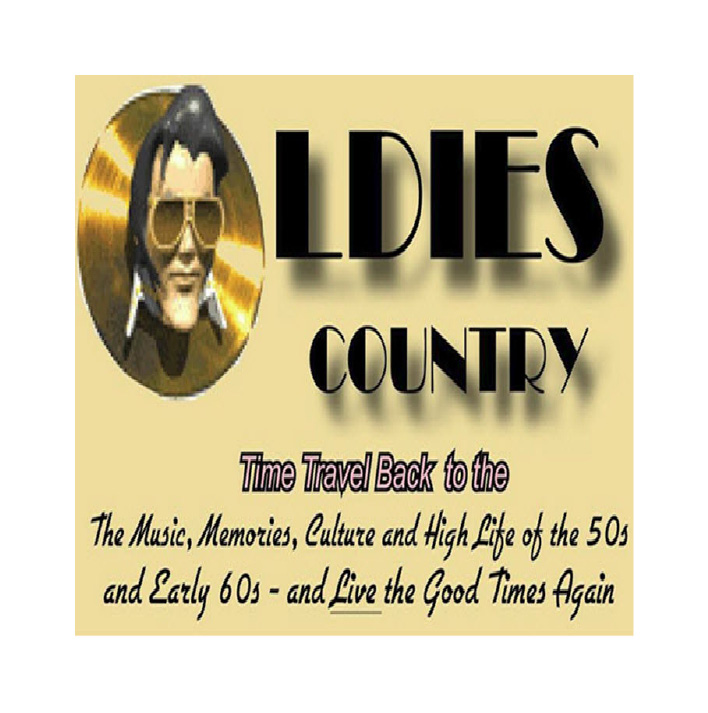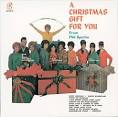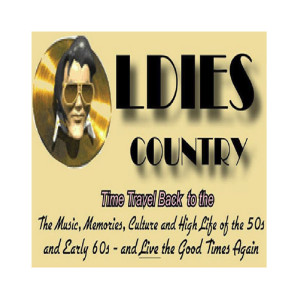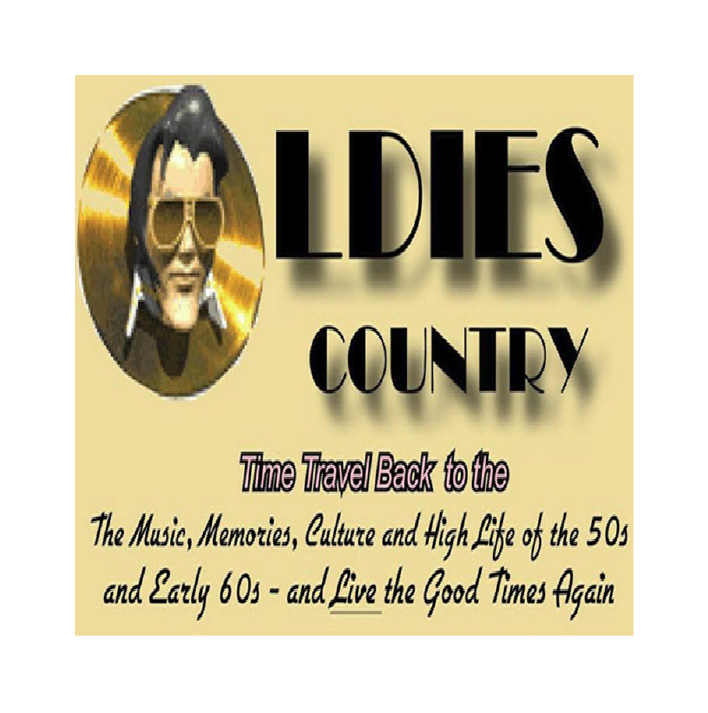The Wrecking Crew Tell Musical History On New Soundtrack (from WreckingCrew)

They were Phil Spector’s Wall of Sound. They also played so many of the hits you know and love from the ’50s and the ’60s, from artists like the Beach Boys, The Monkees, Cher, The Carpenters, Sam Cooke and many, many more. The Wrecking Crew was their name, and their story has yet to be told. Until now. With a documentary, a soundtrack and a book, The Wrecking Crew will finally receive the acclaim they deserve, even if, as executive producer Danny Tedesco says, they felt just fine with their place away from the spotlight.
How is it that such a talented group working on some of the most well-known projects in music history has gone under the radar for so long?
When these folks were recording in the ‘50s and early ’60s, the business of Rock and Roll was really at its infancy. As much as we always think of music as art, when there is money involved, it’s a business first. It doesn’t mean that the music wasn’t some of the greatest songs recorded, but it means to get some of these recordings down, they needed session musicians. Most of the time, it wasn’t any deep, dark conspiracy. It was just the way it worked. When the business starts to change in the ’70s, everyone is concentrating about what is going on at that moment in time. So we moved on.
As a society that is inundated with information in all mediums, we forget what happened six months ago. Try to think what happened 50 years ago. But I think we naturally want to discover something in the past that we didn’t know about.
You’ve screened the film at multiple festivals. What’s been the most common response from audiences or critics?
I’ve screened this film around the world with so many different audiences. People assume I must be tired of screening the film. Not at all. I’m at the point of watching the audience reaction. I realized we speak of the British invasion, but the American invasion was much bigger and longer. I’ve seen this film in Spain, Israel, England, Germany and everyone knows the music. That is the main common denominator.
But they’re blown away by the diversity of the music. They also realize these musicians are like anyone else. They were not the stars, but they were treated like stars by the stars. They worked for a living like any one else. They put their kids through school, put food on the table like any other parent.
When and how did the vision for a film on The Wrecking Crew first come together?
I always thought about doing this film abuut my father and his friends. But reality of it came together in 1996, when my father was diagnosed with terminal cancer. They gave him a year to live. I was fearful that if I didn’t jump on this, my biggest regret in life would be I didn’t jump on this. So I started filming my father, drummer Hal Blaine, bassist Carol Kaye, and saxophonist Plas Johnson at a round table. That was in 1996. It took 18 years to be able to clear all the rights of music to be able to release the film.
When was it obvious that a soundtrack would also be a part of the overall package?
The soundtrack was always part of the plan from day one. It seemed so obvious. But after 18 years, distributors don’t care about soundtracks, which was crazy. This is the first time that the songs on this compilation will feature songs they recorded. The hardest part was figuring out what to cut. We had a list of over 250 songs.
If it wasn’t for Pledge music and our producers of the soundtrack we wouldn’t have the chance to do it. Ninety-nine percent of every screening over the years, people would ask about a soundtrack album. Now we can say, ‘Yes, we have a soundtrack album.’
For those who were a part of the Crew, was there ever a sense of unfairness not receiving the notoriety or fame?
Never. They loved with what they did and got paid very well. They were stars within the music community. When they asked my father if he should have been paid more if he added that extra piece to a song, his response was, ‘I made hundreds of hits, but I made thousands of bombs. I never gave anyone their $25.00 back. I treated it like a business.’
Can you tell us about the book that is also available?
Ken Sharp did an amazing job over the few years interviewing many of the Crew, artists, and engineers. He put together a coffee table book with the help of Mark London, which is 280 pages and 12”x 12″, the size of of an LP. It’s gorgeous. The photos, design and the interview will go down as a must have for anyone that wants to know about that scene in L.A. during the Wrecking Crew years.








